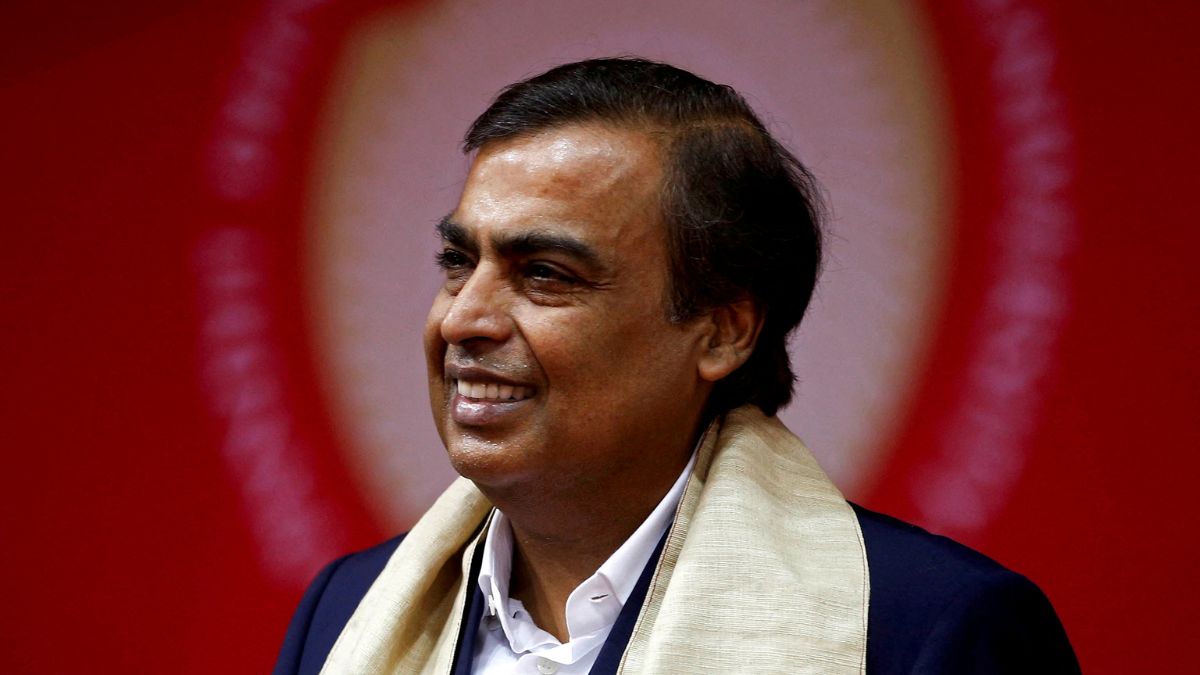The Union Budget offers an opportunity to boost India’s healthcare through effective public-private partnerships read more
)
India's healthcare sector needs a boost
The Indian healthcare sector has come a long way in delivering quality care. This is evident in the growth and proliferation of private healthcare chains which today constitute 13 per cent of the private healthcare market.
Current progress and remaining challenges
While much progress has been made, a lot remains to be done. One of the key areas to give a further boost to the growth of healthcare services in India can be made through the provisions in the budget.
Reducing GST on medical equipment
One outstanding demand from the private healthcare sector is the reduction of GST on medical equipment in hospitals. A simple X-ray, a basic diagnostic equipment, attracts 12 per cent GST. This is high for equipment that saves thousands of lives and needs to be addressed at lower levels to make healthcare more accessible and affordable.
Import duties on medical equipment and drugs
In addition, as most medical equipment is still not made in India and is imported, it attracts significant duties. It would make sense to look at the Export Promotion Capital Goods (EPCG) Scheme that allows Indian manufacturers to import capital goods and machinery for pre-production, production, and post-production at zero customs duty. Most of the higher-end diagnostic and other operation theatre equipment is imported, and this additional burden is impacting the hospital’s cost and EBITA, which then gets passed on to the patients.
Impact on oncology and immunotherapy
It is not only a case of EBITA but, in some cases, a matter of life and death. A good example is in the oncology therapeutic area, where immunotherapy has produced amazing outcomes, not only reducing the duration of treatment for cancer patients but also dramatically improving outcomes. Here, once again, there is an import duty of 5-10 per cent on the immunotherapy drugs that makes them expensive and inaccessible. In 2023, the government reduced the duty to nil on medicines for rare conditions like spinal muscular dystrophy. The cancer epidemic in the country needs better access to immunotherapy, and this would be helped by reducing the duty and improving the ease of imports for these drugs.
Revising CGHS rates
Moving away from GST and import duty, we see rates as a major concern for the private healthcare setup. The CGHS rates have been revised as late as early 2024 but still fall short in covering the medical expenses borne by the private sector. Also, many therapeutic areas like oncology have not seen a rate revision for a while. While the rates have been low, the payment under CGHS schemes takes longer than the payments from private insurance. The government needs to outline a plan to speed up the implementation of the ABDM-NHCX scheme for insurance transactions.
Public-private partnerships and clinical research
Finally, there is an immediate need for public-private partnerships to move these critical areas. The government can focus on policies and incentivise the private sector to drive implementation. Encouraging collaborations between the government and private sector to leverage resources and expertise for large-scale healthcare projects is essential. Key areas like research and development would immensely benefit from these partnerships. The budget can also be used to mandate more clinical research to be done in India.
Conclusion
In conclusion, the Indian healthcare sector has advanced significantly, with private healthcare chains now comprising 13 per cent of the market. Key improvements needed include reducing GST on medical equipment, lowering import duties on essential drugs like immunotherapy, revising CGHS rates, and expediting payments. Public-private partnerships and increased clinical research are also crucial for further growth.
The author is Partner, Deloitte India. Views expressed in the above piece are personal and solely that of the author. They do not necessarily reflect Firstpost’s views.

 1 month ago
8
1 month ago
8
)
)
)
)
)
)
)
)
)
)
)
)
)
)
)
)
)
)
)
)
)
)
)
 English (US) ·
English (US) ·